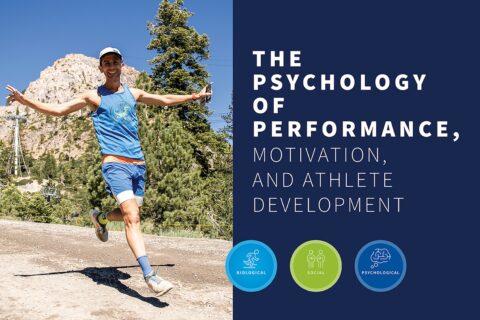
8 // The Psychology of Performance, Motivation, and Athlete Development
Explore the psychological and social side of performance with the help of experts who specialize in sport psychology, mental performance, and athlete development.

Explore the psychological and social side of performance with the help of experts who specialize in sport psychology, mental performance, and athlete development.
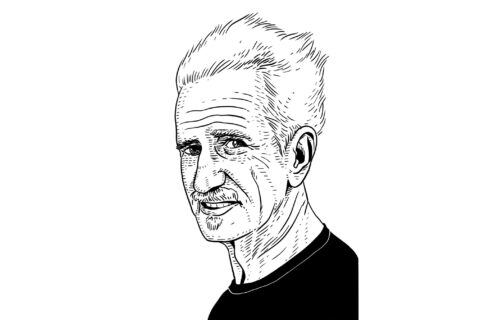
A rigorous, holistic approach to mental and physical training steeped in high-intensity sessions and hill running at a beachfront property would likely appeal to today’s athlete. This Australian running coach was ahead of his time.
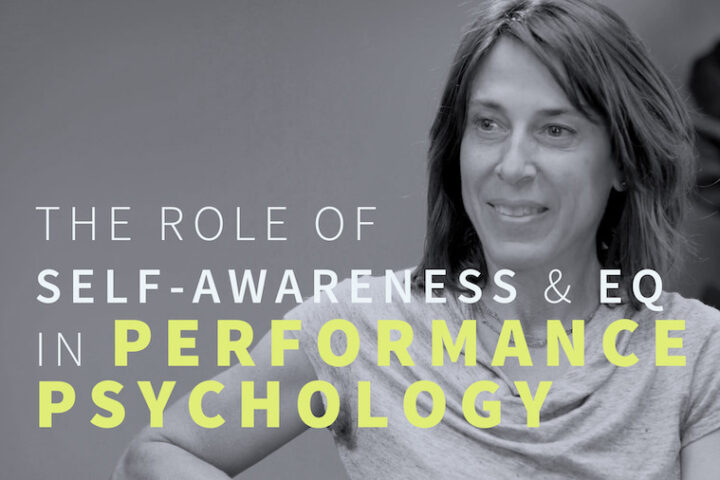
Dr. Julie Emmerman joins Emma-Kate Lidbury to talk about the role that self-awareness and emotional intelligence can have in performance psychology.

Much to the surprise of some coaches, mental performance expert Jeff Troesch argues that you can have commitment from your athletes without trust. He explains how—and why—this is important.

The degree to which you cultivate a positive coach-athlete relationship will enhance your athletes’ race performances—and help you retain them as clients.

Coach Rob Griffiths describes the method he used to help an athlete shift her passion and motivation to make positive changes and avoid burnout.
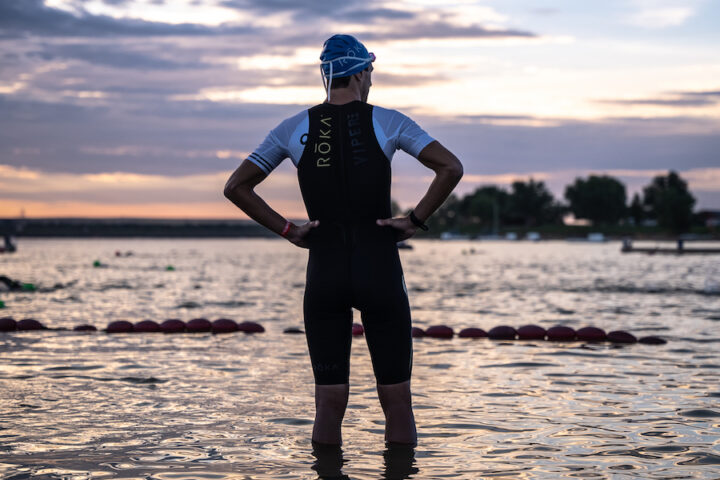
Motivation is key to the performance psychology puzzle, dependent on fundamental human needs. If those needs are not met, an athlete’s passion for sport and their self-esteem can suffer.
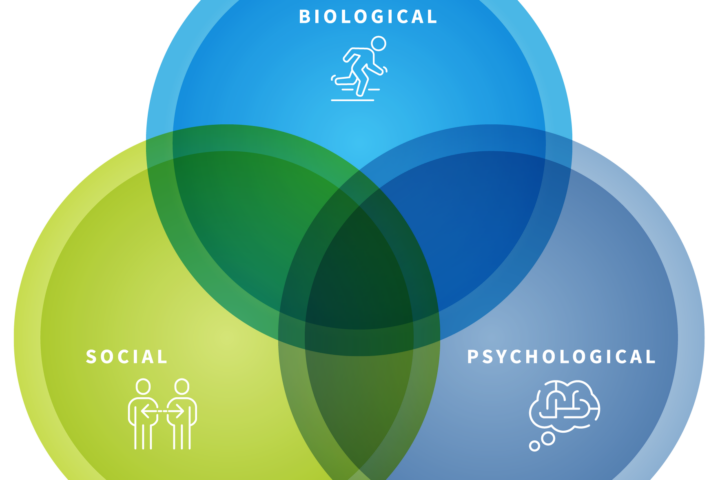
Coaches include some components of psychological and social development in an athlete’s preparation. But do you know why and how it works?
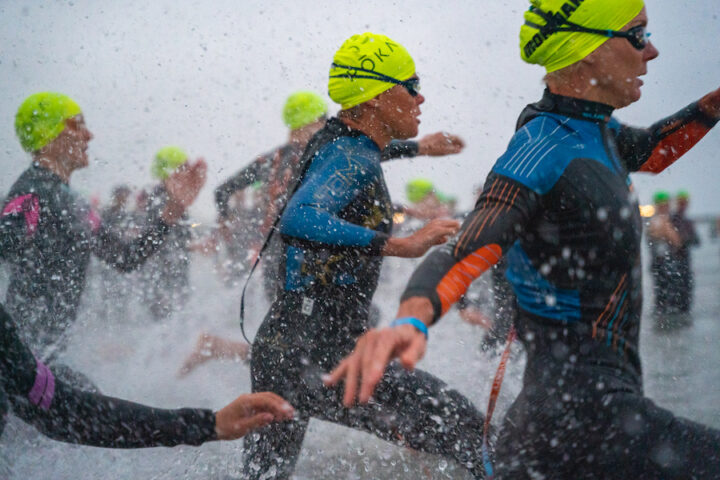
We are products of our social, mental, and biological processes, but what does this mean for coaches and athletes? Andy Kirkland explains how to adjust training for better results.

Sport psychology is proving to be just as important—if not more so—than physiology, but how do you incorporate it into your coaching for the benefit of you and your athletes?